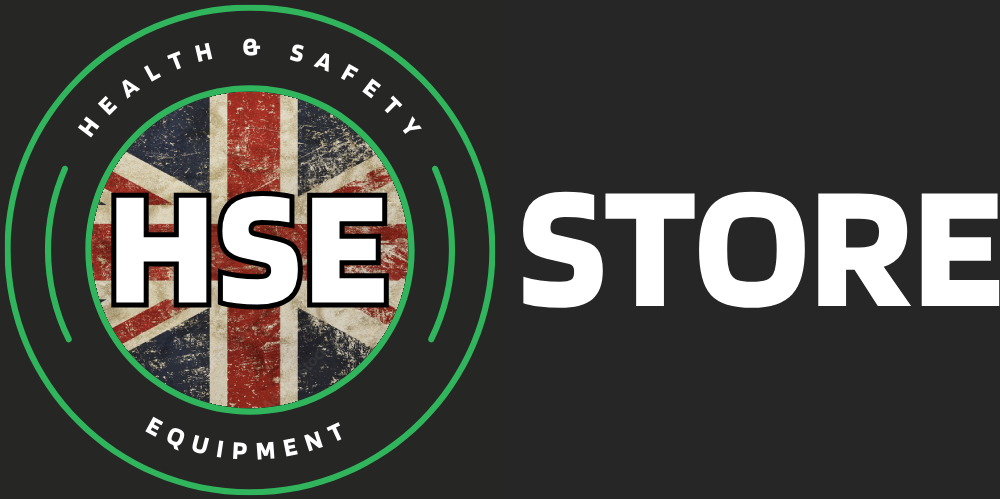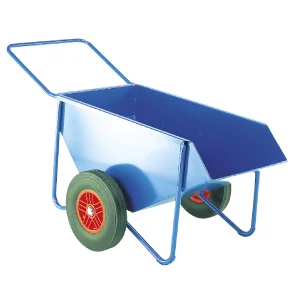
- Heavy Duty Steel Construction
- 200kg Max Load
- 200mm Axle Mounted Wheels
- 200mm Rear Swivel Castor
- Optional Perforated Base & Drain Plug
- Optional Factory Fitted Fork Guides
- Made in Britain
Loadtek Heavy Duty Tilting Skip Bin – 400kg Load
From £743.70 Ex. VAT This product has multiple variants. The options may be chosen on the product page Quick View- Heavy Duty Steel Construction
- 200kg Max Load
- 200mm Axle Mounted Wheels
- 200mm Rear Swivel Castor
- Optional Perforated Base & Drain Plug
- Optional Factory Fitted Fork Guides
- Made in Britain
Loadtek Heavy Duty Tilting Skip Bin – 200kg Load
From £682.28 Ex. VAT This product has multiple variants. The options may be chosen on the product page Quick View
Waste management in the workplace involves the systematic collection, segregation, disposal, and recycling of various types of waste generated during daily operations. This includes general waste such as paper, plastic, and food scraps, as well as hazardous waste such as chemicals, batteries, and electronic equipment. Effective waste management practices aim to minimize waste generation, maximize recycling and reuse, and ensure compliance with environmental regulations. Employers implement waste management programs that include proper waste segregation, labeling, and storage to promote responsible waste disposal and reduce the environmental impact of waste generation.
Several types of products are used in waste management in the workplace to facilitate efficient waste collection, segregation, and disposal. These include waste bins, recycling containers, composting bins, hazardous waste storage containers, and shredders. Waste bins are strategically placed throughout the workplace to encourage proper disposal of waste materials, while recycling containers separate recyclable materials such as paper, plastic, glass, and metal for recycling. Composting bins are used to collect organic waste for composting, reducing the amount of organic waste sent to landfills. Hazardous waste storage containers are designed to safely store and transport hazardous materials, preventing spills and contamination. Shredders are used to destroy sensitive documents and reduce the risk of identity theft or data breaches. Overall, effective waste management is essential for minimizing environmental impact, conserving resources, and promoting sustainability in the workplace.






